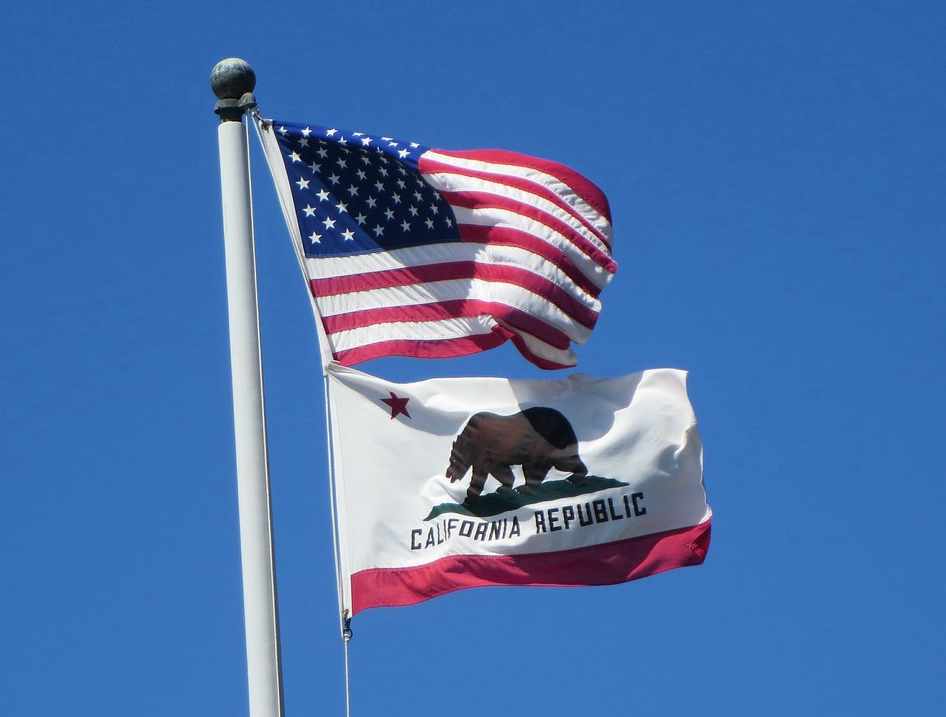The passage of California legislation calling for approval for the state to purchase insurance, reinsurance, insurance-linked securities (ILS), or other alternative risk transfer (ART) structures as financial protection against disasters has stalled.
 The bill, SB 290 had already passed the California Senate and received unanimous support from the key Assembly Insurance Committee, looks to the risk transfer markets and reinsurance as a way to help fund the economic burden from natural disasters, in particular wildfires.
The bill, SB 290 had already passed the California Senate and received unanimous support from the key Assembly Insurance Committee, looks to the risk transfer markets and reinsurance as a way to help fund the economic burden from natural disasters, in particular wildfires.
The bill had also included earthquake risks, but that section of the bill text had been amended and earthquake risk had been removed, leaving just a paragraph that read:
The Governor may, in accordance with this section, purchase insurance, reinsurance, insurance linked securities, or other related alternative risk-transfer products for the State of California to help mitigate against costs incurred by the state in response to a mudslide, wildfire, or flood.
But now the bill’s passage through the legislative has stalled, as the Department of Finance (DOF) of California and a consumer organisation raised objections to the way the bill would give permission to buy insurance, reinsurance or alternative risk transfer instruments relatively freely and with less oversight.
The California Department of Finance analysis said the legislation gave permission to acquire risk transfer without being subject to the usual reporting, analytical or oversight requirements.
Organisations also noted that the Governor of California already authority to purchase insurance or other financial instruments to offset the risks of a potentially costly wildfire season if desired.
They said this bill SB 290 would have exempted the purchase of such insurance and financial products from normal state oversight.
“SB 290 went around the existing checks and balances with the promise that a consultation with the insurance commissioner would be enough to guarantee legitimacy. But we can’t just take the insurance commissioner’s word that companies will do the right thing. Insurance companies can’t be trusted to deal any more fairly with taxpayers than they do with other policyholders without a public process of oversight,” explained Carmen Balber, executive director of Consumer Watchdog.
The bill has been pulled from the legislative calendar and suspended for now by its sponsors.
“SB 290 managed to fly under the radar because the Insurance Commissioner lent the prestige of his office to the insurance industry’s cause. The Department of Finance pulled back the curtain on this taxpayer giveaway to insurers and Wall Street. Yet, while the bill is stopped for now, the public will have to be on guard for an end-of-session scheme to try and put it back on the table,” Balber added. “Shortcuts like SB 290’s are only ever in the interests of insurers, not their customers.”
The California Department of Finance explained, “The Department of Finance (DOF) opposes this bill, citing existing authority to make expenditures for emergency response and preparation. DOF also notes paying regular and ongoing expenses from the Special Fund for Economic Uncertainties violates the spirit of the fund, which is a discretionary reserve with funds continuously appropriated to it for disaster relief purposes. DOF expects insurers to be wary of wildfire risk and that premiums would likely be high and financially unsustainable.”
The bill gave broad authority to the State of California to access insurance, reinsurance and capital markets for disaster risk transfer, including the use of catastrophe bonds and other instruments.
But it seems the legislative wanted to see these powers delivered under typical state approval and oversight strictures, believing that SB 290 released the state from too many of those and put the power in the hands of the re/insurance market.
It’s to be hoped that the legislative recognises the importance of financial protection and reducing the risks to budget and taxpayers from disasters.
By paying premiums for risk transfer the State of California could secure much needed financing to deliver emergency relief after disasters like wildfires strike, putting the risk in the hands of those who understand it best, the re/insurance industry and related risk capital providers.
It remains to be seen whether the bill will get back on the legislative agenda again this year.
 View all of our Artemis Live video interviews and subscribe to our podcast.
View all of our Artemis Live video interviews and subscribe to our podcast.
All of our Artemis Live insurance-linked securities (ILS), catastrophe bonds and reinsurance video content and video interviews can be accessed online.
Our Artemis Live podcast can be subscribed to using the typical podcast services providers, including Apple, Google, Spotify and more.






























